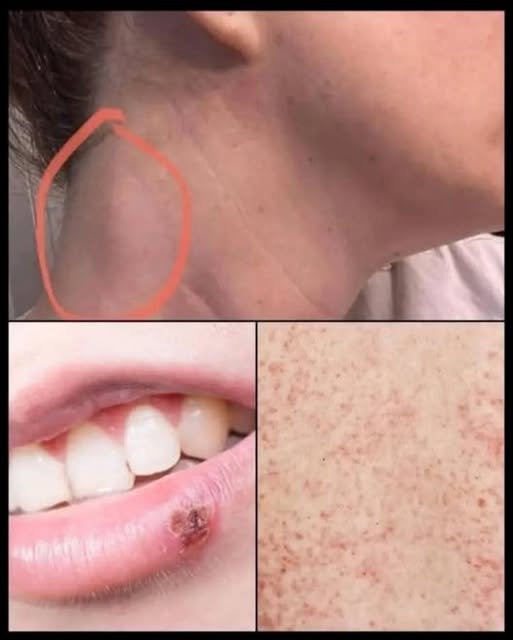Mouth cancer, a serious and often overlooked form of head and neck cancer, is increasingly common in men over the age of 40 and continues to take thousands of lives each year. In India alone, the numbers are staggering—with 77,003 new cases and 52,067 deaths reported this year—highlighting the critical need for awareness and early intervention.

What’s particularly tragic is that mouth cancer is highly treatable when caught in its early stages, but many people remain unaware they even have it until it has already progressed and spread to the lymph nodes in the neck. By the time most symptoms are recognized, the disease has often reached a more advanced stage, reducing the chances of successful treatment. Unlike some other cancers, mouth cancer is not limited to one specific area; it can occur on the lips, tongue, cheeks, gums, or the floor of the mouth, which makes identifying early signs more challenging. Many of the initial symptoms can seem insignificant or easily mistaken for other, less serious issues.
Warning signs include persistent mouth sores that don’t heal, unexplained swelling, bleeding without a known cause, pain in the mouth or on the tongue, a numb sensation in parts of the mouth, sudden and unintentional weight loss, and the appearance of red or white patches inside the mouth. While none of these signs alone confirms a diagnosis of cancer, their persistence should raise concern and prompt immediate medical evaluation. One of the best defenses against this silent threat is routine dental care. Dentists are trained to recognize abnormalities that the average person might miss, making regular checkups an essential part of early detection. This is especially true for people who smoke or drink alcohol, as both habits dramatically increase the risk of developing mouth cancer.
Tobacco in all forms—cigarettes, cigars, pipes, and chewing tobacco—is directly linked to oral cancer. When tobacco use is paired with heavy alcohol consumption, the risk doesn’t just double—it multiplies. These lifestyle choices are responsible for the overwhelming majority of mouth cancer cases and avoiding them is the single most effective way to prevent the disease. For those who do develop mouth cancer, the outcome largely depends on when it’s diagnosed. The disease is categorized into four stages, beginning with Stage 1, where the cancer is small and localized, and ending with Stage 4, where it has spread to other tissues or organs.
Treatment plans vary accordingly and may include surgery to remove tumors, radiation to destroy cancer cells, chemotherapy, or even targeted drug therapies that attack cancer on a cellular level. In many parts of the world, including India, late-stage diagnosis remains a major hurdle. Contributing factors include lack of awareness, social stigma, poor access to healthcare, and general neglect of oral health. This results in people missing the critical window when the disease is most curable. It’s estimated that 80% of mouth cancer cases are directly connected to tobacco use, yet when detected early, the survival rate can be as high as 82%. Medical professionals like Dr. Sajjan Rajpurohit in Delhi are working hard to raise awareness and provide advanced treatment options, but personal responsibility and public education remain the most powerful tools we have. No matter where you live, the steps for prevention are universal: maintain good oral hygiene, avoid tobacco and alcohol, and pay attention to any unusual or lingering symptoms in your mouth. Mouth cancer is not only preventable—it is often survivable, but only if caught early. Increasing awareness, staying vigilant, and taking a proactive approach to your health can be the difference between a life saved and a life lost. Recognizing the warning signs, committing to regular checkups, and making healthier lifestyle choices can go a long way in reducing the devastating impact of this disease and ensuring that more people have the opportunity to fight it—and beat it—before it’s too late.





